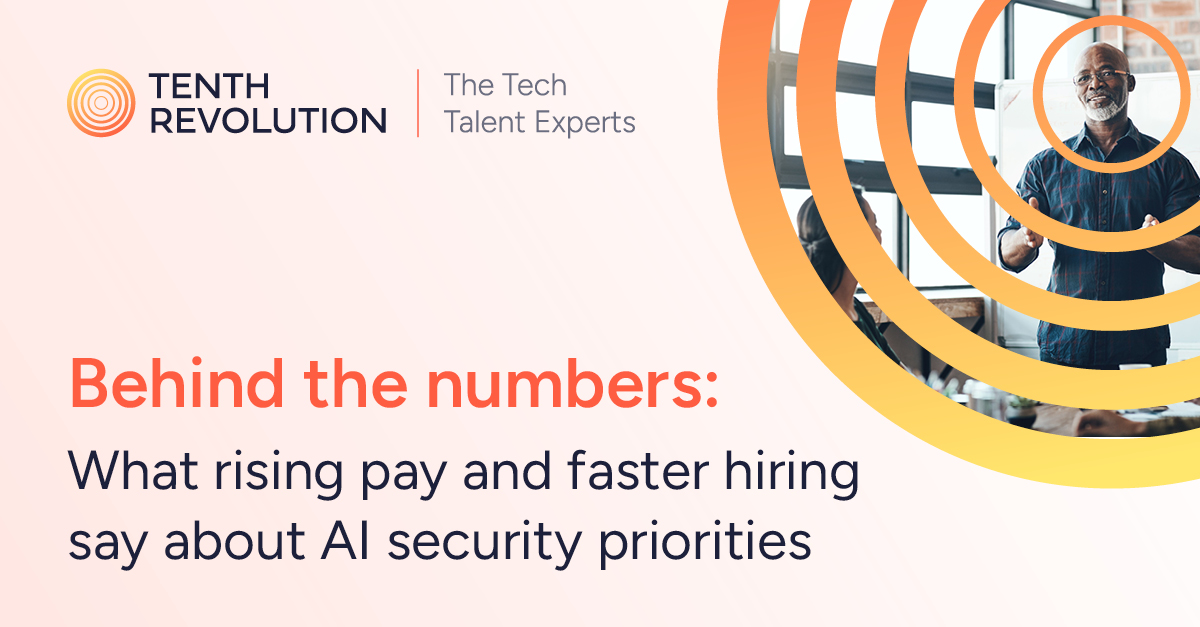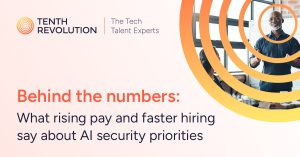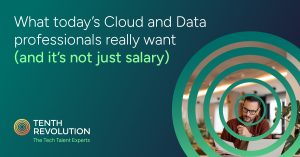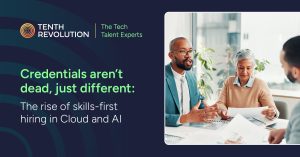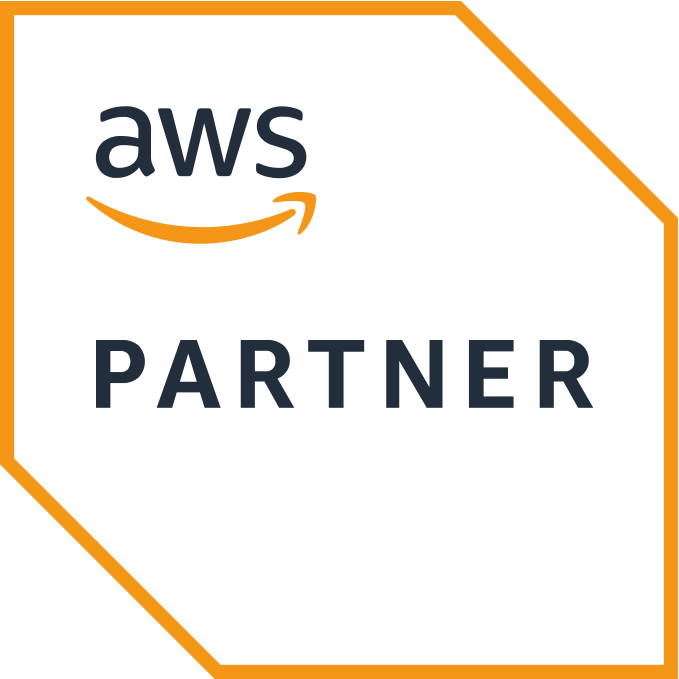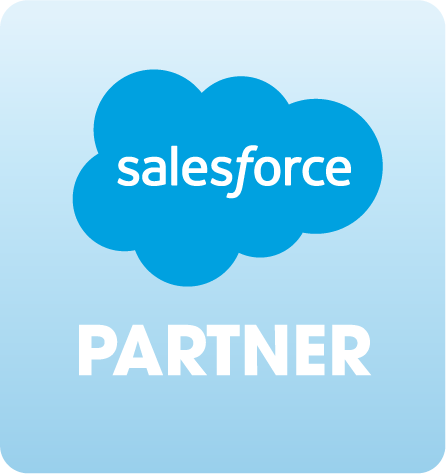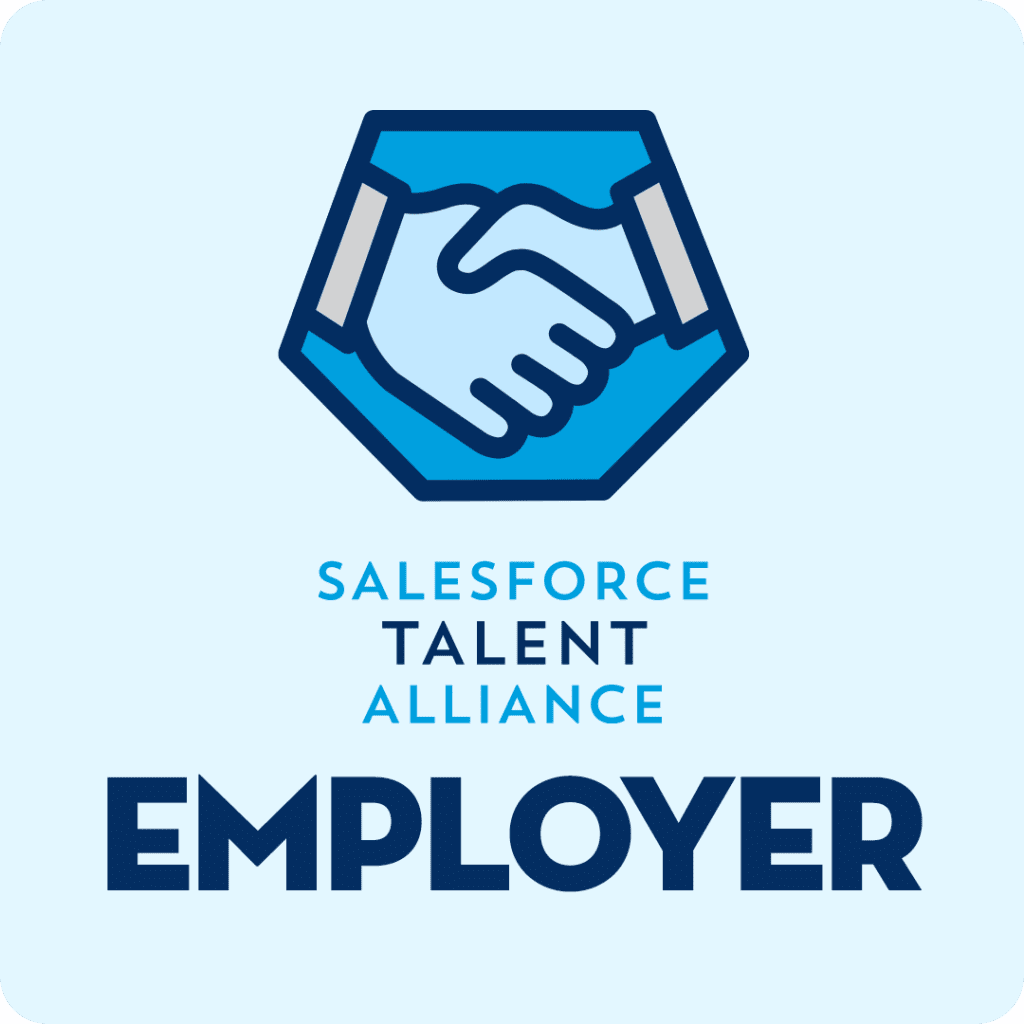The race to secure artificial intelligence is transforming the hiring landscape.
As AI systems become embedded across enterprise operations, the demand for professionals who can protect models, data, and infrastructure has accelerated sharply. Salaries for AI and Cloud security specialists are rising while time-to-hire is falling. These trends reveal more than just market pressure; they signal a shift in how organizations define security itself.
Security is no longer a downstream consideration. It is an integrated part of AI and Cloud strategy, and it is shaping how leaders structure teams, budgets, and governance.
Why security is now a growth function
AI adoption has expanded faster than most governance frameworks. As enterprises move from experimentation to production, security risks increase exponentially. Model poisoning, data leakage, and prompt injection attacks are no longer theoretical; they are operational realities.
For many organizations, these risks have made AI security a business enabler rather than a compliance necessity. Enterprises are now hiring specialists at the intersection of data privacy, infrastructure protection, and machine learning integrity. These professionals ensure AI systems are trustworthy, auditable, and resilient to emerging threats.
The speed of this evolution is driving urgency in the market. Companies are shortening recruitment cycles to secure top talent before competitors do, especially for roles like AI security engineer, cloud security architect, and threat intelligence analyst. As a result, the hiring focus has shifted from generalist IT security to candidates with hands-on AI and automation experience.
Leaders seeking to strengthen these capabilities quickly are turning to partners who can connect them with AI and Cloud security professionals ready to manage risk in real-world deployment environments.
The economics of AI security
Rising salaries in AI and Cloud security reflect both scarcity and significance. Few professionals combine expertise in traditional cybersecurity with the nuanced understanding required for machine learning systems. Those who can, particularly individuals with experience in MLOps, identity management, and data governance, now command premium compensation packages.
This surge is not purely about competition; it represents a recalibration of value. Security professionals who understand generative AI pipelines, for example, can directly influence business continuity and regulatory compliance. Their decisions determine whether a new model deployment accelerates innovation or exposes the enterprise to costly vulnerabilities.
For organizations scaling AI, this capability has become a competitive differentiator. Businesses that integrate security at the design phase can deploy faster, adapt sooner, and maintain public trust. Those that treat it as an afterthought risk losing both efficiency and reputation.
Forward-thinking leaders are embedding security roles across their Cloud and AI operations, not just within IT. Tenth Revolution Group works with clients to help identify Cloud, Data, and AI talent capable of building integrated governance frameworks that keep innovation aligned with compliance.
What faster hiring reveals about strategy
The shrinking time-to-hire for security positions speaks to more than urgency; it highlights a change in mindset. Security teams are no longer gatekeepers; they are collaborators in innovation. AI security specialists now work alongside data scientists, developers, and platform engineers to design systems that are safe and scalable from the outset.
This interdisciplinary model demands a blend of technical knowledge and business awareness. Security professionals must understand how to protect data while enabling its use for training and analytics. They must evaluate vendor tools and AI platforms with both compliance and performance in mind.
As the line between AI operations and security blurs, hiring managers are prioritising communication and cross-functional fluency. The most successful organizations are those building teams that combine depth of expertise with adaptability across domains. These teams understand that resilience is as much about people and process as it is about technology.
Preparing for the next wave
The coming year will test how well enterprises can sustain this momentum. Demand for AI security skills will continue to grow, but supply will remain limited. The organizations that succeed will be those that think strategically about capability, investing in upskilling, governance, and proactive hiring pipelines.
Rising pay and shorter hiring cycles reflect an industry in transition. They show that AI security is moving from a niche concern to a board-level priority, shaping how enterprises think about risk, performance, and innovation. For business leaders, the message is clear: securing AI is not an IT task, it is an operational imperative that underpins long-term competitiveness.

